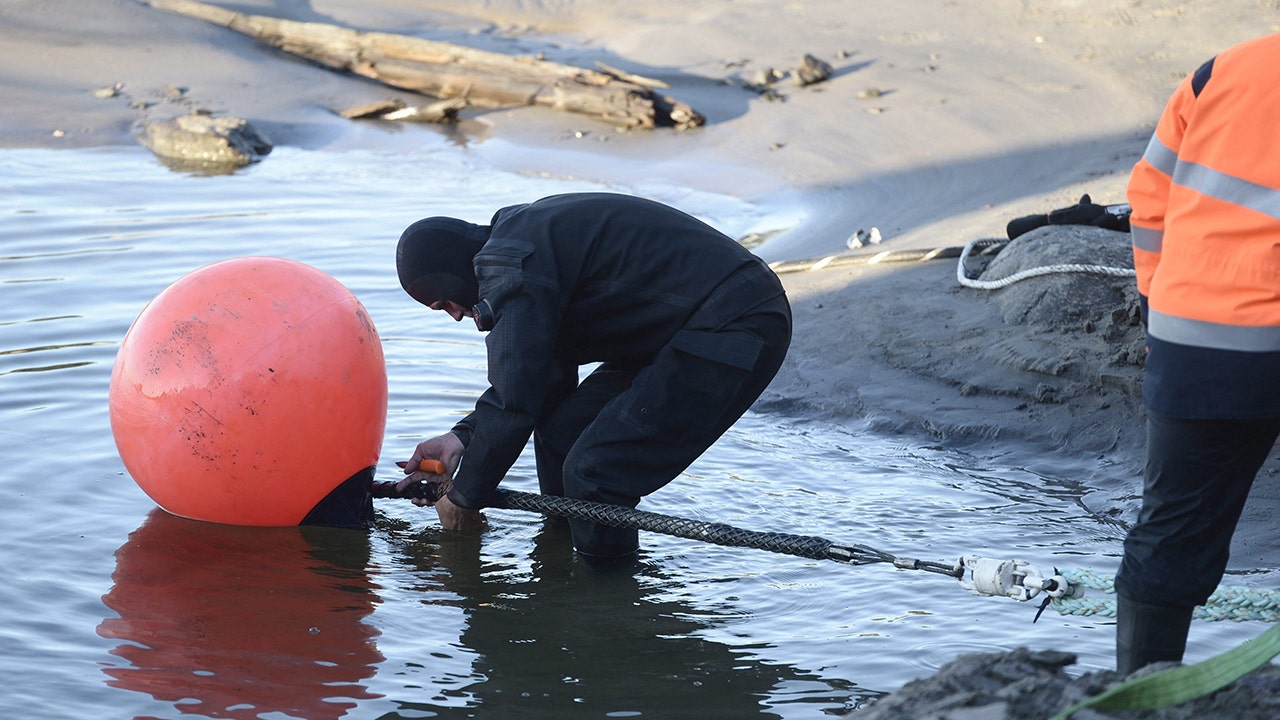US allies accuse Russia of ‘escalating hybrid activities’ against NATO, EU nations after data cables severed

U.S. allies in Europe are accusing Russia of escalating hybrid activities against NATO and EU nations following the cutting of two data cables in the Baltic Sea. The severed cables, linking Finland to Germany and Sweden to Lithuania, were reportedly sabotaged underwater, sparking concerns among European leaders.
German Defense Minister Boris Pistorius stated, “No one believes that these cables were cut accidentally. We also have to assume, without knowing it yet, that it is sabotage.” Polish Foreign Minister Radoslaw Sikorski also added a warning, saying, “If Russia does not stop committing acts of sabotage in Europe, Warsaw will close the rest of its consulates in Poland.”
Meanwhile, Moscow has alleged that Ukrainian forces fired six U.S.-made missiles into Russian territory on Tuesday. The situation has heightened tensions between Russia and its neighboring countries, with accusations flying back and forth.
A joint statement from the foreign ministers of France, Germany, Italy, Poland, Spain, and the United Kingdom condemned Russia’s actions, labeling them as “unprecedented in their variety and scale, creating significant security risks.” However, the statement did not directly blame Moscow for the cable damage.
The damaged cable, known as C-Lion1, runs nearly 750 miles from Helsinki, Finland, to the German port city of Rostock. Finnish state-controlled data services provider Cinia detected the severed cable on Monday, disrupting communications between the two countries.
The incident has raised concerns about the security of critical infrastructure in Europe. The Finnish and German foreign ministries issued a joint statement emphasizing the need to safeguard such infrastructure and investigate the sabotage.
Russia has denied any involvement in sabotaging infrastructure in Europe, according to Reuters. The situation remains tense as European leaders work to address the escalating tensions in the region.
The events in the Baltic Sea highlight the growing challenges facing European security and the need for unity among NATO and EU countries. As the situation unfolds, it is crucial for leaders to work together to address the threats posed by hybrid warfare and ensure the safety of critical infrastructure in the region.




